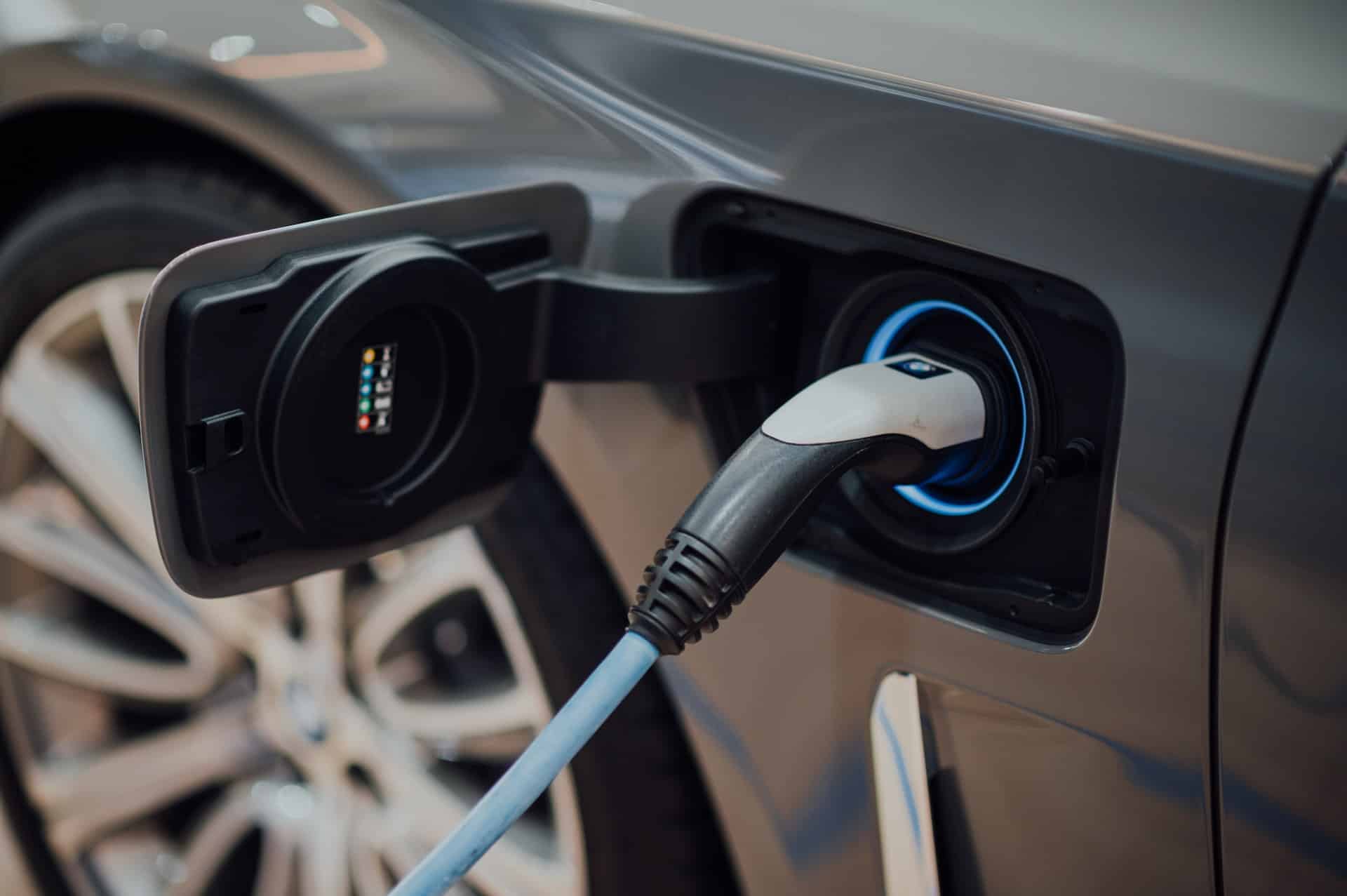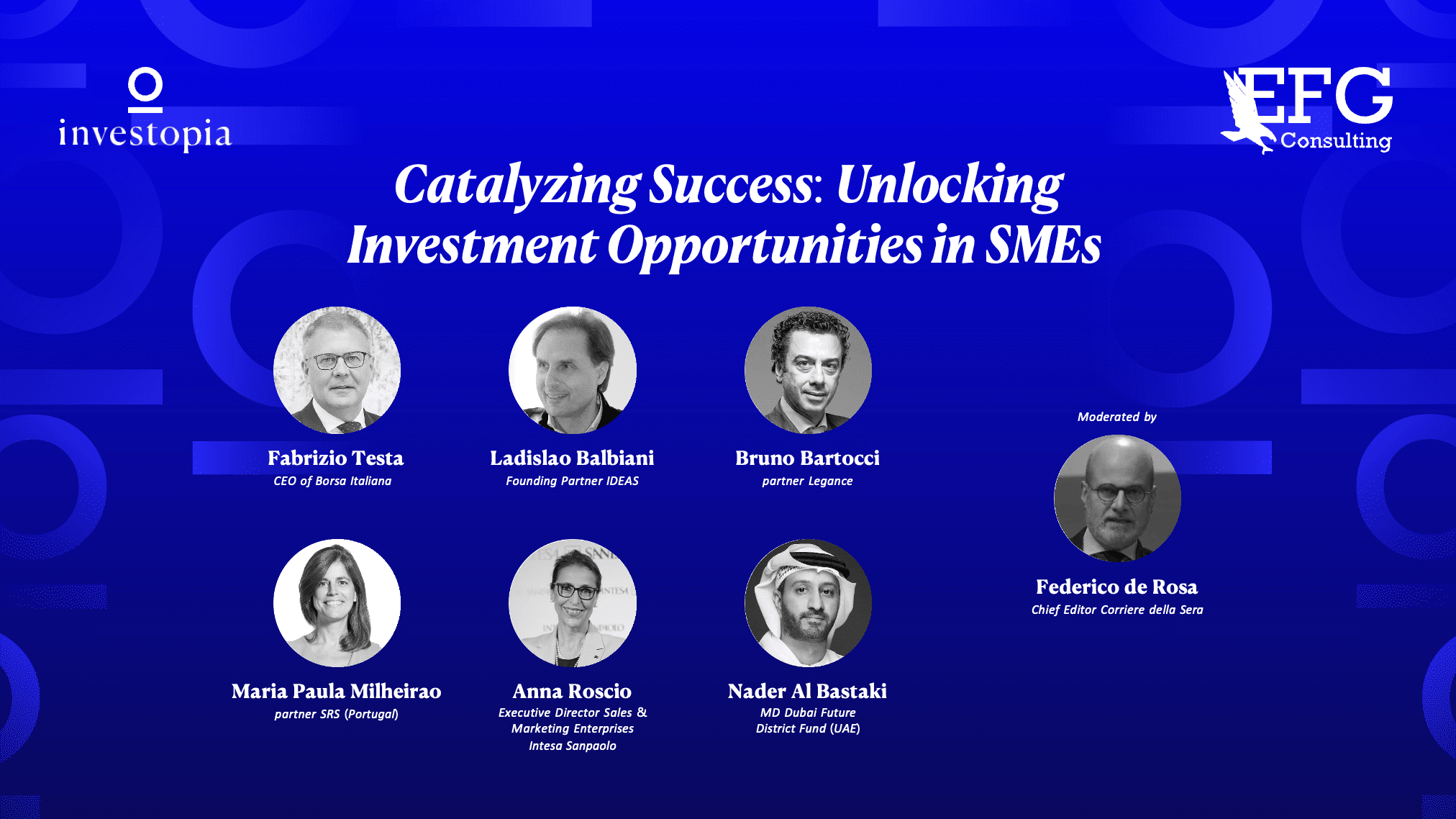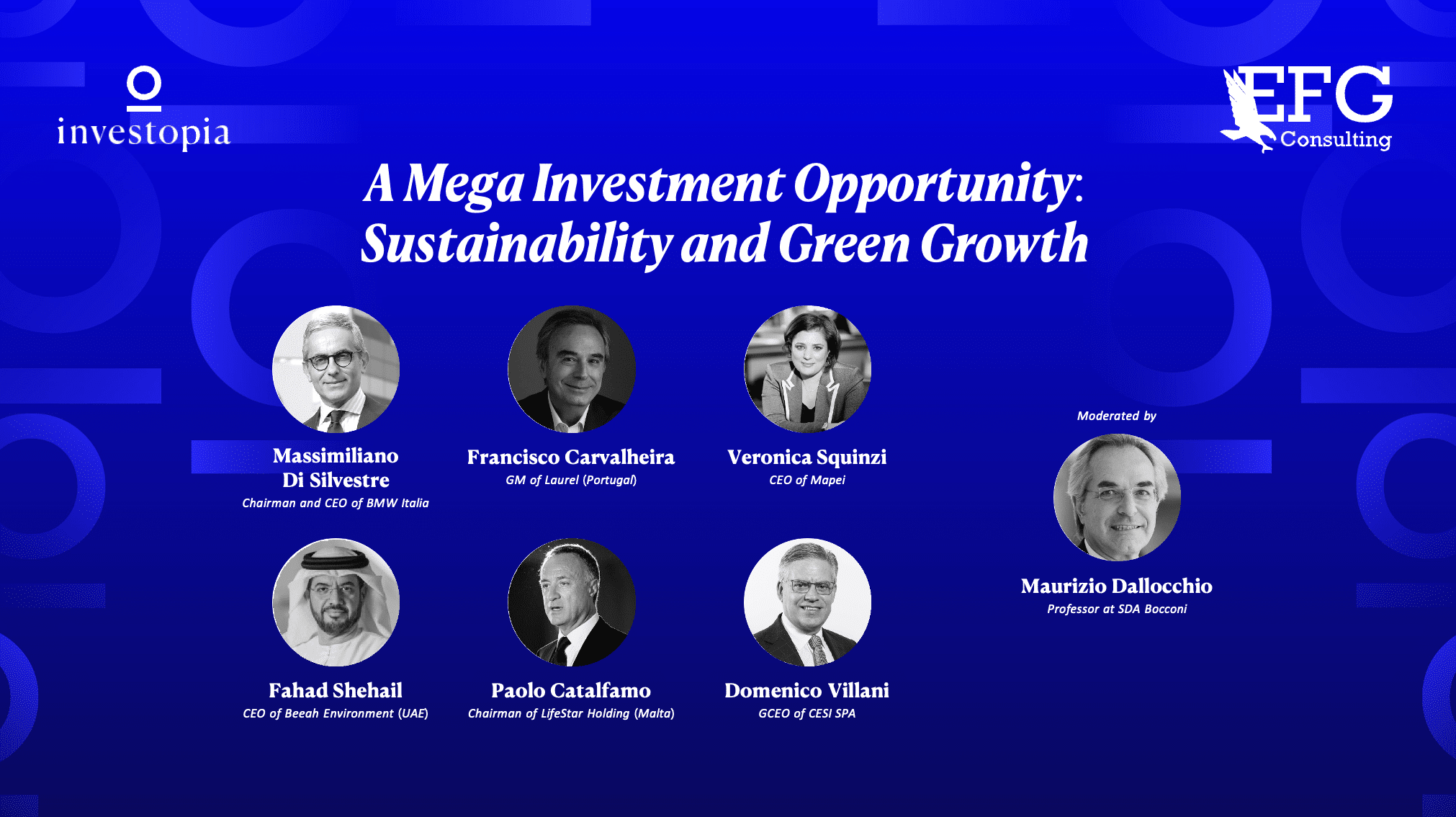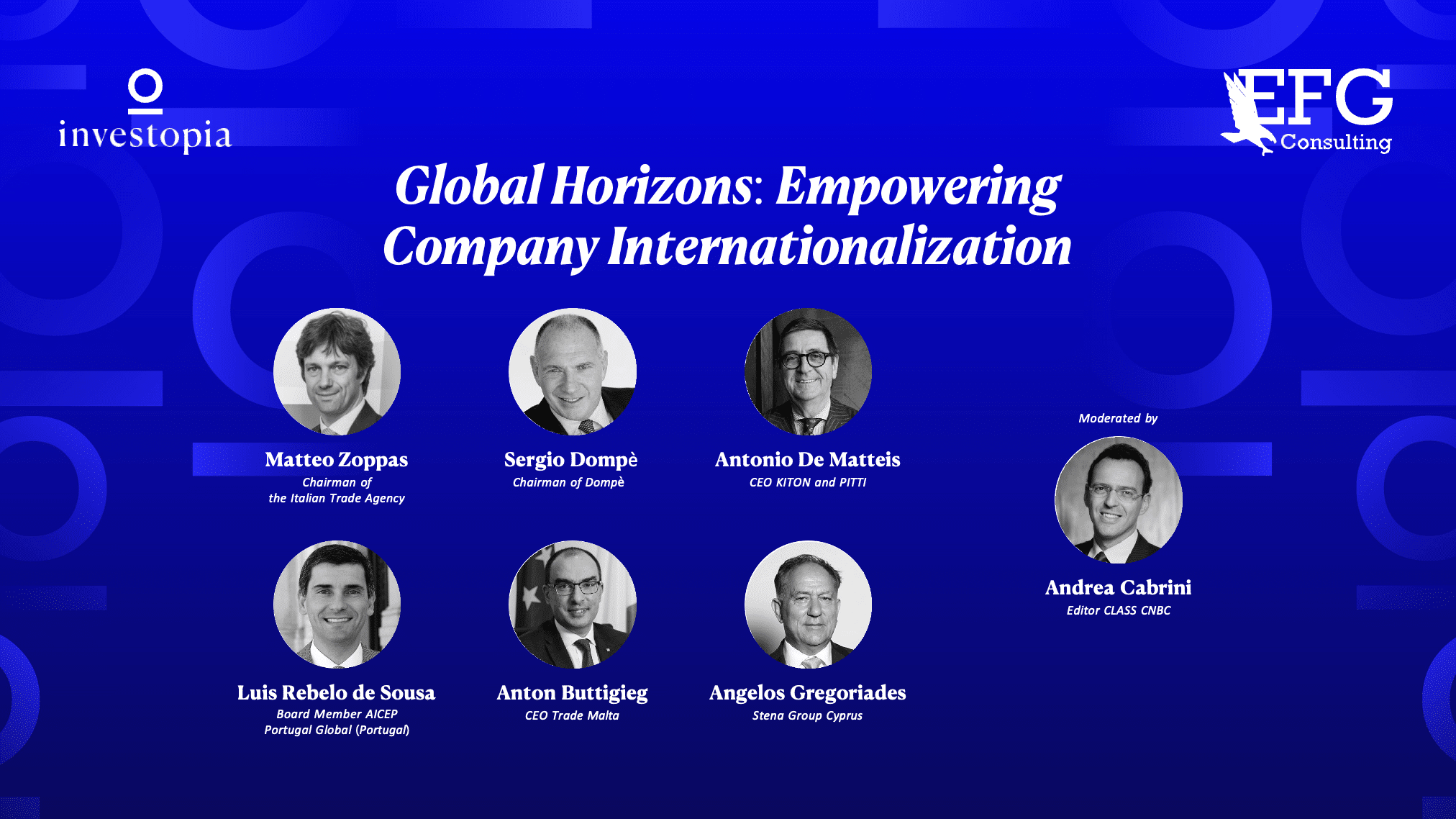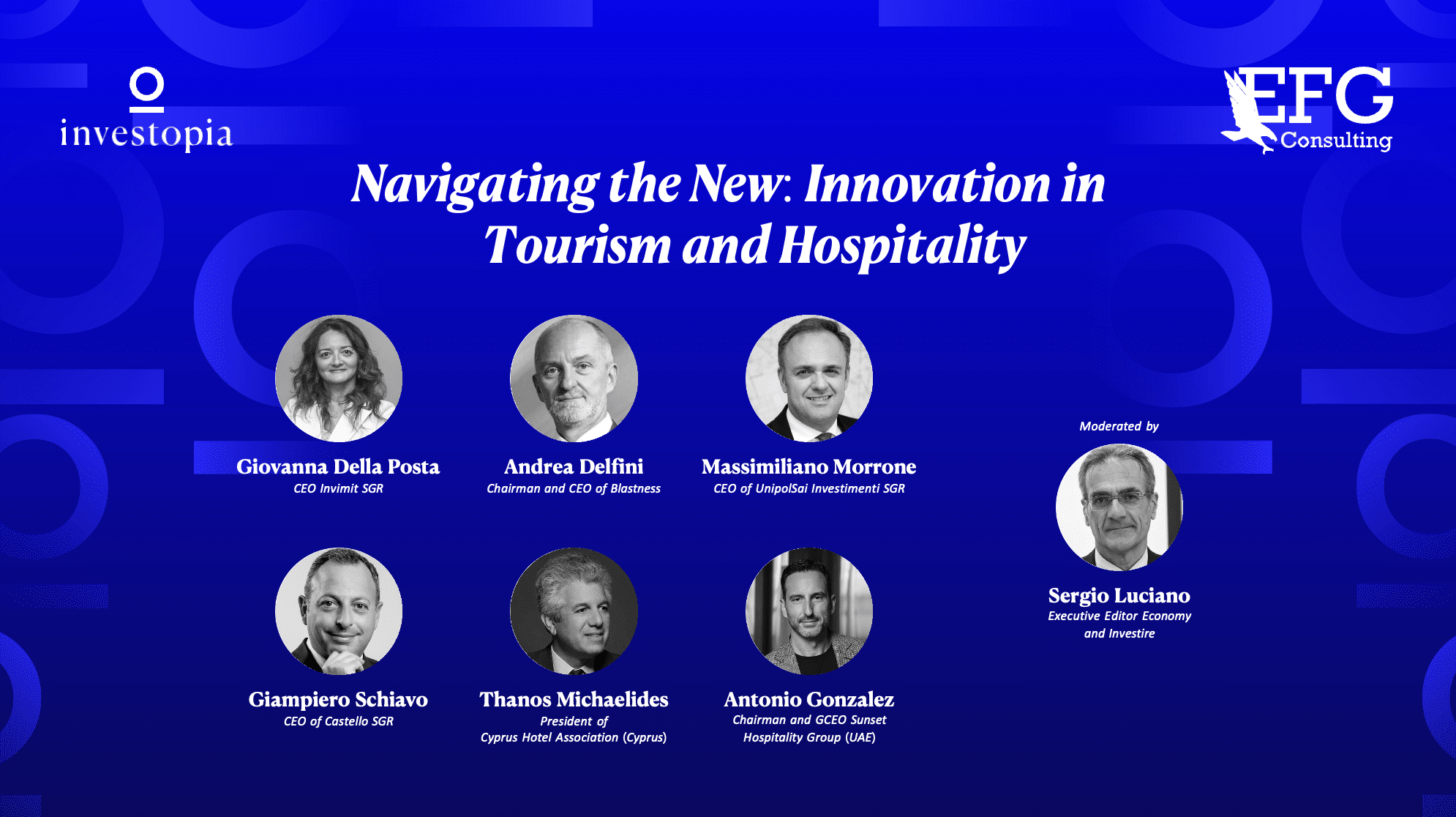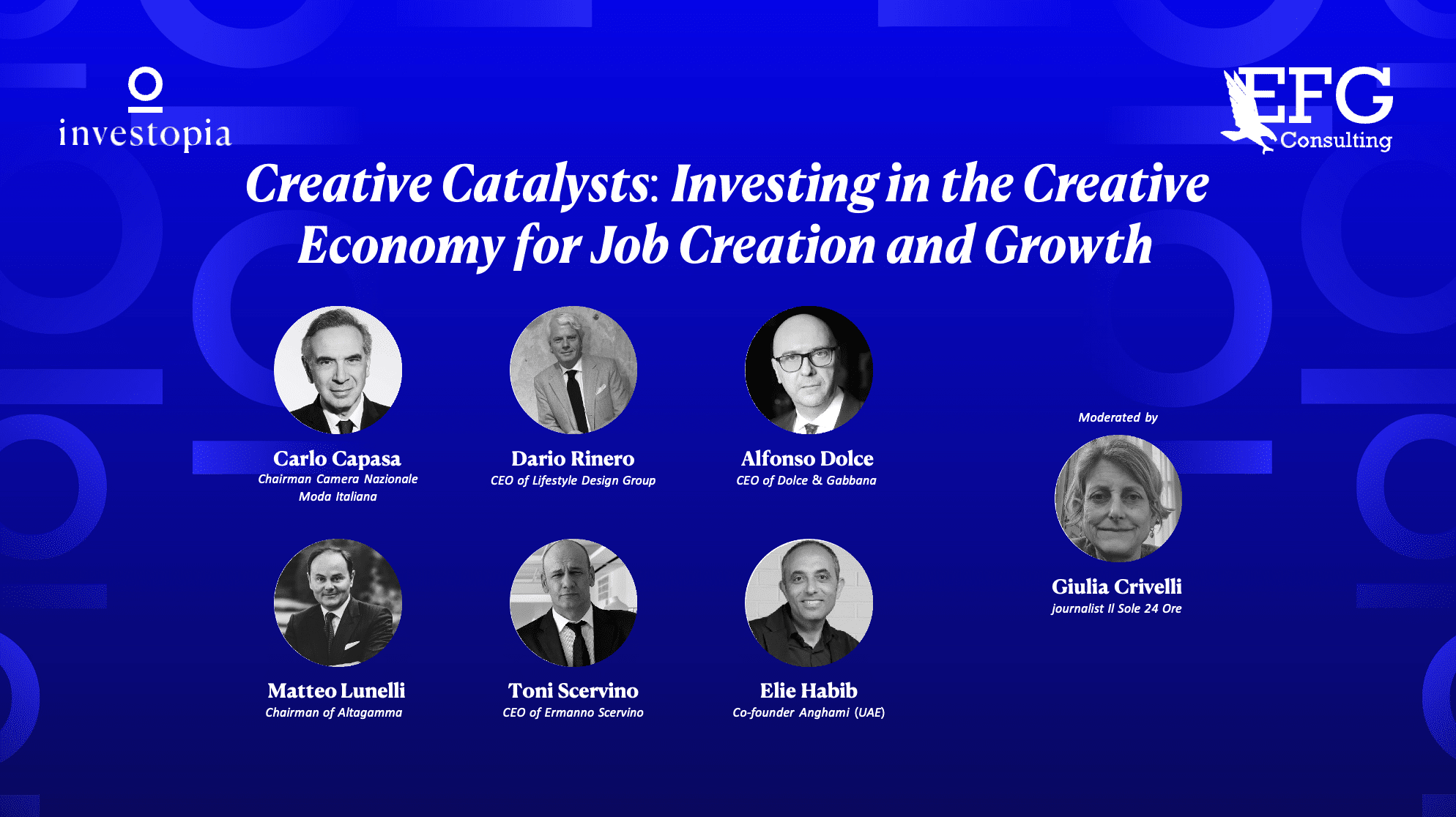Session Speakers:
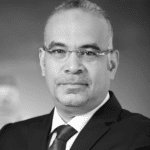
Ahmed Khashan
President for Gulf Countries at Schneider Electric

Ravi Raghavan
Managing Director of Bharat Fritz Wener

Sachin Suri
Managing Director, CropData Technology
Share
Key Takeaways
- Rapid Evolution of EV Industry: Both India and the UAE are witnessing a significant shift in the EV sector, transitioning from luxury to necessity due to environmental and energy considerations.
- Critical Role of Infrastructure: The expansion of EV charging infrastructure is essential for widespread adoption, with current limitations, particularly in India, where EVs are primarily used within cities due to inter-city infrastructure gaps.
- Affordability and Technology Advancement: Technological developments and economies of scale are making EVs more affordable. Private sector involvement is crucial in driving down costs and enhancing accessibility.
- Sustainability and Battery Recycling: Addressing the challenge of battery recycling is vital for the sustainable growth of the EV sector. Collaborative efforts are needed to find solutions for sustainable battery disposal and recycling.
- CEPA as a Collaborative Gateway: The Comprehensive Economic Partnership Agreement (CEPA) between India and the UAE offers a framework for increased collaboration and technology transfer in the EV sector, showcasing the UAE as a global market and a hub for innovation.
Embracing the Electric Vehicle Revolution
The transition to sustainable mobility has become a global imperative, and the recent Investopia Global Talk session, titled “Accelerating India-UAE Partnerships in EV Infrastructure and Sustainable Mobility,” addressed this critical shift. The session, featuring Ravi Raghavan, Managing Director of Bharat Fritz Wener, and Ahmed Khashan, President of Gulf Countries at Schneider Electric, moderated by Sachin Suri, Managing Director of CropData Technology, delved into the challenges and opportunities in the adoption of electric vehicles (EVs) in both India and the UAE.
The Shift to EVs: Necessity and Innovation
The dialogue commenced with a reflection on the rapid evolution of the EV industry. Ravi Raghavan underscored the innovation surge in India, contributing quietly to the global supply chain of EVs. He emphasized the multiple innovations occurring behind the scenes, notably in battery technology, electronics, and IoT-related advancements.
Ahmed Khashan echoed these sentiments, highlighting the transformation of EVs from a luxury to a necessity, driven by climate concerns and energy utilization. He stressed the collective effort required, involving OEMs, utilities, governments, and the private sector, to make EVs a mass market reality.
Infrastructure: The Backbone of EV Adoption
The discussion acknowledged the infrastructure bottlenecks hindering EV adoption, especially in India, where EVs are primarily used within cities due to the lack of inter-city charging facilities. Both speakers agreed on the need for expansive and accessible charging infrastructure to encourage widespread EV usage.
The Price Factor and Technology’s Role
Addressing the affordability of EVs, Khashan pointed out that technological advancements and economies of scale are making EVs increasingly accessible. He compared this to the evolution of solar energy, emphasizing the role of the private sector in driving down costs. Raghavan added that holistic technological evolution, including the shift to eco-friendly materials and automation in battery manufacturing, is crucial.
Battery Recycling: A Sustainable Challenge
The conversation also touched on the critical issue of battery recycling. Khashan asserted the importance of not halting progress in the face of challenges but rather working collaboratively to find sustainable solutions for battery disposal and recycling.
Ties Under CEPA: A Gateway for Collaboration
The session concluded with Khashan highlighting the importance of the Comprehensive Economic Partnership Agreement (CEPA) between India and the UAE. He described the UAE as a market showcasing global potential and the ties under CEPA as a pathway to increased business collaboration and technology transfer in the EV sector.
Conclusion: A Roadmap for Sustainable Mobility
The session provided valuable insights into the burgeoning partnership between India and the UAE in developing sustainable mobility solutions. The discussions underscored the importance of collaboration, technological innovation, and supportive policies in fostering the growth of the EV sector. As both nations progress towards cleaner and more sustainable technologies, the path they chart could serve as a model for other countries looking to embrace the electric vehicle revolution.


